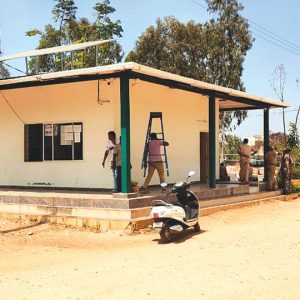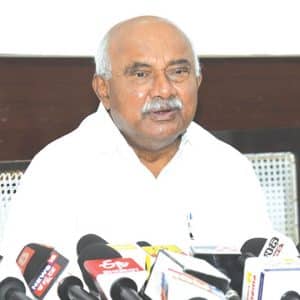Come elections to the country’s Parliament and Legislative Assemblies of States, the dominant speakers of its major political parties get into top gear exposing the frailties of each other, thus presenting on a platter to the electorate in particular and the world’s observers in general an unmistakable script on the dark sides to the life of players seeking votes and more importantly the country’s slide from its past glory to a grim future. Given the major presence of people on the wrong side of 50 years in the saddle, framing policies and vested with the onerous task of administration at the receiving end of more brickbats than bouquets from the land’s public at large, one is prompted to ponder over a number of inferences. First and foremost, the track record of these vote-seeking fraternity raises the question of the kind of education they had, pushing their teachers into the region of ignominy, although undeservedly.
Expressed in quantitative terms, the tasks of ensuring welfare of the country’s people, marshalling the required resources and the problems being encountered in the process call for astute analysis. The present generation of youth, with nearly 25 per cent share in the country’s population, being the nation’s hard core of human resources deserve a change of outlook to transform them into a productive economic force instead of seeing them in bad light.
The infrastructure needs of different sectors of the country’s economy, particularly health and education as well as agriculture and industry are being focussed upon in the current dispensation by both the Union Government and many State governments. The nation’s youth, having spent their years of schooling, are seen only as job-seekers in mind-boggling numbers. Some avenues of correcting this outlook are being suggested in official domain, namely a) training the educated youth in specific skills to make them job-givers and b) reducing the gender gap which is skewed against females nationally. The proposed measures are laudable for the success of which the outlook towards the youth has to change from pessimistic to optimistic.
The saying ‘charity begins at home’ translates to ‘change in outlook to youth begins in the family.’ The government of the day has to be supportive of the task of transforming the potential of the land’s youth to realising that potential. Their positive response mirrors optimism.








Recent Comments